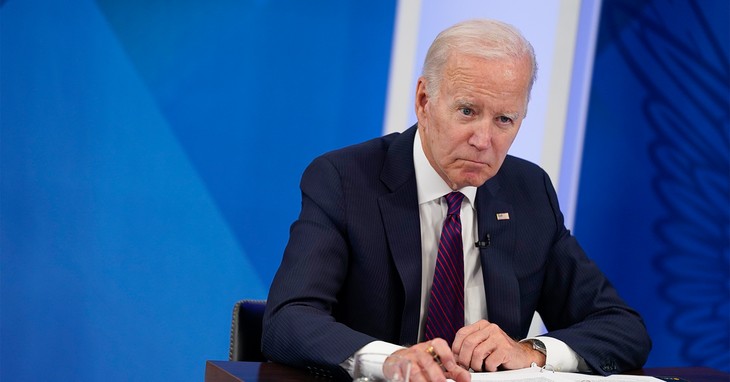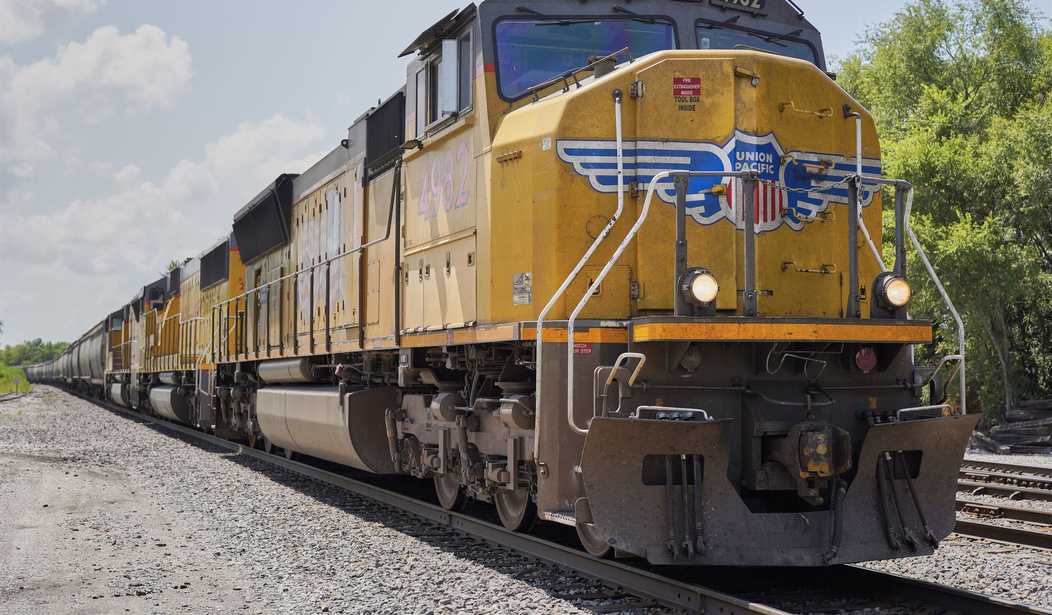A tentative agreement between rail carrier companies and unions representing tens of thousands of rail workers could stave off a strike that threatened to shut down portions of the economy and cost the U.S. economy $2 billion per day.
The deal is being taken to the workers themselves for a vote to approve. If the workers agree to it, the strike that could have started as early as Friday night will be averted.
The deal hinges on sick days for railroad workers. Currently, workers do not get sick days, primarily due to labor shortages that have plagued industries across the board. But the railroad companies have agreed to unpaid sick leave, one of the demands from the unions. However, unions initially had asked for more, including family and emergency medical leave.
“The tentative agreement reached tonight is an important win for our economy and the American people,” President Biden said in a statement. His administration was part of a 20-hour long negotiation between the two sides, with Labor Secretary Marty Walsh mediating and Biden himself joining in the final hours. “It is a win for tens of thousands of rail workers who worked tirelessly through the pandemic to ensure that America’s families and communities got deliveries of what have kept us going during these difficult years.”

The Biden administration first got involved in the negotiations over the summer, but his National Mediation Board voted to release the parties from mediation in June, after just two months.
“These rail workers will get better pay, improved working conditions, and peace of mind around their health care costs: all hard-earned,” Biden said. “The agreement is also a victory for railway companies who will be able to retain and recruit more workers for an industry that will continue to be part of the backbone of the American economy for decades to come.”
The agreement will ensure that already-weakened supply chains won’t collapse under the pressure of shut down railroads. It was estimated that a strike would cost the U.S. economy $2 billion per day, and the current alternative modes of transportation would not be able to keep up with the work freight lines do in transporting products across the country.













Join the conversation as a VIP Member